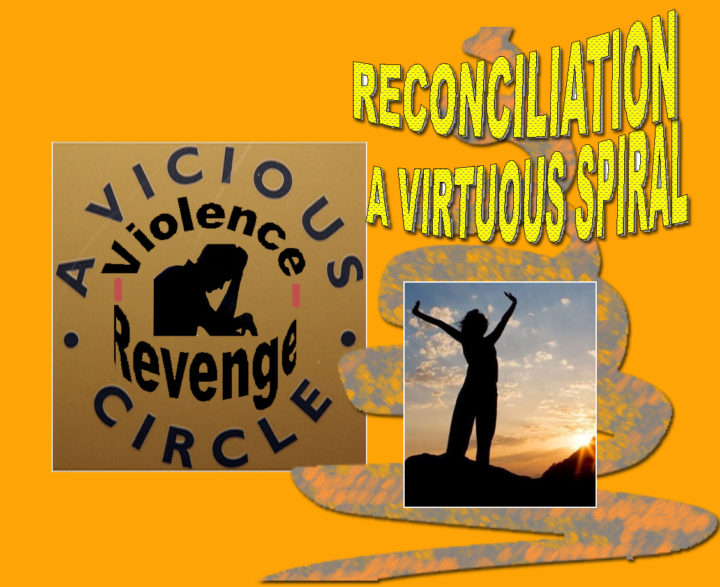The main architects of the Brexit disaster have resigned, pretending to do so with “a heavy heart”. In reality once this new episode of Naomi Klein’s well described Disaster Capitalism was in full flight Tories Boris Johnson and Michel Gove (for leaving) and PM David Cameron (for remaining), as well as Nigel Farage, leader of UKIP (out! out! out!) had the field free to go and do what they really want to do: take advantage of this new crisis, to make money without having to respond to uncomfortable scrutiny from, say, the electorate.
Disaster Capitalism described in Klein’s The Shock Doctrine means that money can be made picking stocks that go down as a result of the crisis. Lots of money!
George Soros and all other speculators love crisis. That’s when they make their big money.
Unfortunately that’s not the only disaster unleashed by this situation, as a very lucid analysis by Howard Hotson for The Guardian explains. No doubt it will make lots of people very angry, and justly so.
Crises are used to justify more draconian measures against the interests of ordinary people and in favour of big corporations and financial institutions; starting with more austerity, the reduction of corporate tax (already announced by the Chancellor of the Exchequer) and more privatisation. To advance on the already well under way onslaught on the National Health Service limiting Europeans coming to work in Britain will reduce the numbers of doctors and nurses.
So for those ordinary people who felt they would be better off without Europe, the door has actually been opened wider than ever for more neoliberal dogma, rolling back the state and deepening inequality.
The only good news is that there is dismay and shock amongst the younger generations and that is a sign that new proposals and activism towards a better state of affairs can begin to arise.
The centripetal forces that delivered Brexit and threaten to fragment not only the UK but also a number of other countries with separatist regions are at work through xenophobia, discrimination, extreme nationalism and individualism. This progressive descent into the lowest common denominator creates uncertainty and fear, the two great recruiting forces of various far right and terrorist organisations.
Reconciliation, Active nonviolence at its strongest
Reconciliation, within oneself, in interpersonal relationships and between peoples can re-establish a sense of community, solidarity, a common project, an open future, trust in others and joy. It releases huge amounts of energy within oneself, energy otherwise lost to ruminations of anger and revenge. But reconciliation does not mean sweeping violence under the carpet or becoming acquiescent to the powers that be or those who have offended us. A deep analysis of the events that led to the break up in one’s connection with others, including one’s own fears, inflexibility, outside pressures and perhaps unrealistic expectations should also include the same factors from one’s “enemy”. To connect with the humanity in others who are different or go in a different direction is not easy. And yet time and again peoples rediscover the Golden Rule, “when you treat others as you would have them treat you, you liberate yourself”. (1)
Not easy. Not at all easy! But the alternative is to press the self-destruct button because that’s what revenge is. Politicians have become experts at scapegoating. A tsunami of blame is flooding the Media and our own consciousness. Justice is important but it does not have to be retributive, it can be reparative. Ubuntu, the great leaders of nonviolence and the real cases of ordinary people who manage to find reconciliation in their hearts in spite of horrendous experiences are beacons on the road towards the light. Revenge is a vicious circle. Reconciliation is a virtuous ascending spiral. We can also take advantage of the crisis to choose our direction.
(1): The Principles of Valid Action, from Humanise the Earth by Silo










